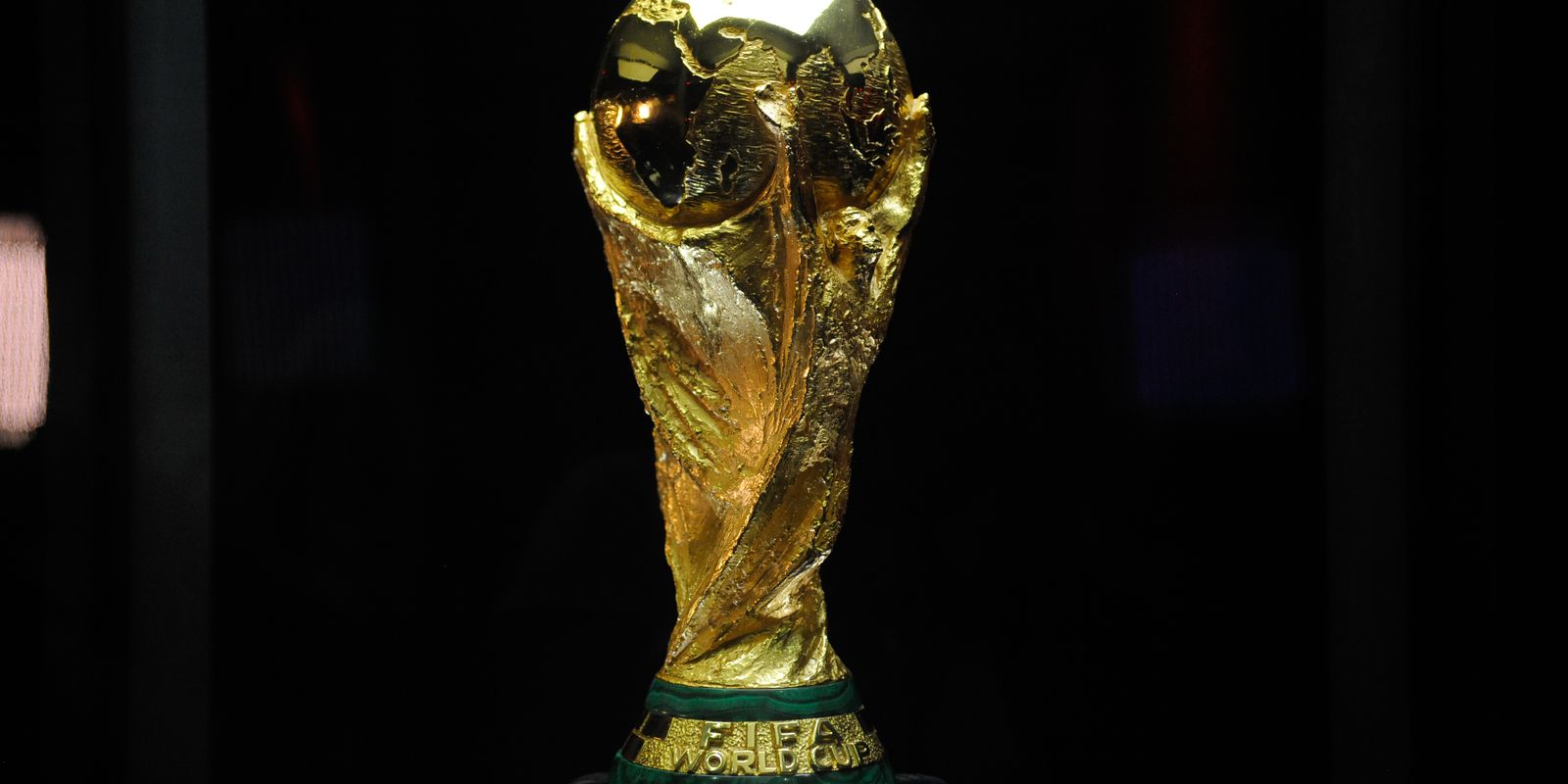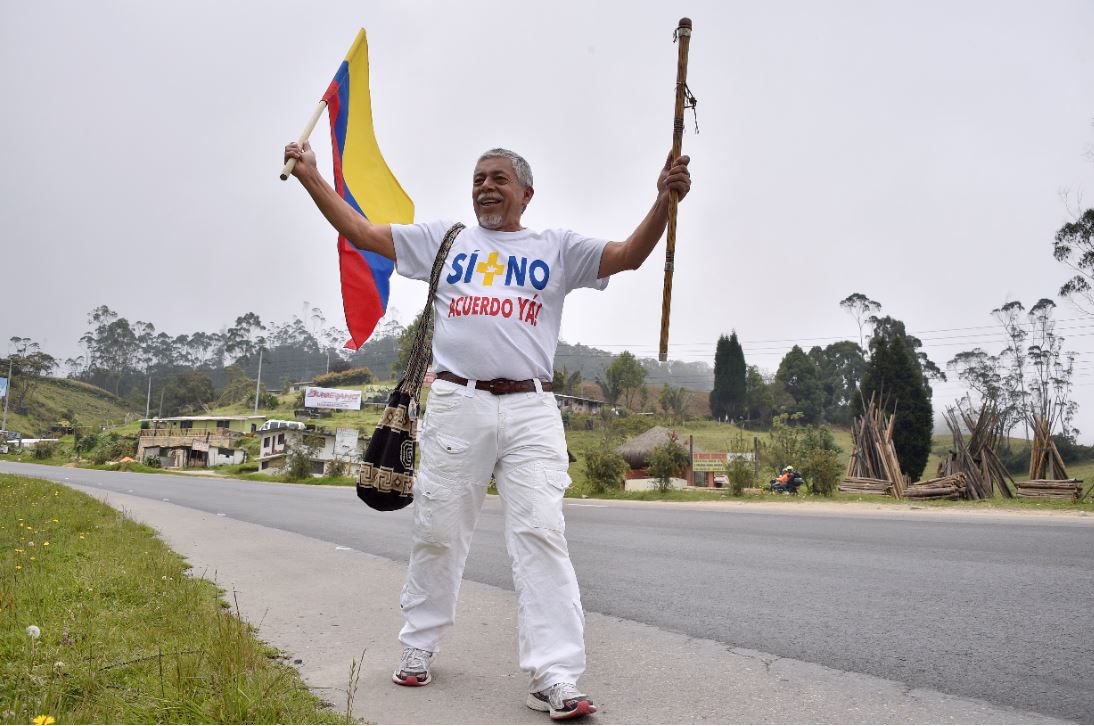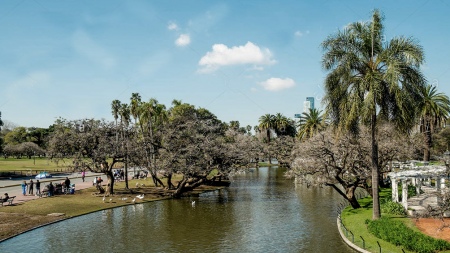The history of football is full of characters, but some names are little known despite their importance. One of them is Carl Anton Wilhelm Hirschman. The Dutch banker was one of the creators of the World Cup, second secretary general of Fifa and even interim president of the organization for about three years, during which time the largest body in world football operated from one of Hirschman’s offices (Amsterdam).
It was after his mandate that Jules Rimet assumed, as the third president, the command of FIFA, and for more than 30 years he was at the head of the entity, marking his name in history. It was he who strengthened the idea of disconnecting football from the Olympic Games, after the success of the sport in 1924 and 1928, when Uruguay became two-time Olympic champion.
Still in 1928, in Hirschman’s Holland, it was decided that there would be a soccer World Cup. In Zurich, the decision was ratified, and the following year, in Barcelona, Uruguay was nominated as the first host, surpassing the candidacies of Hungary, Italy, Holland, Spain and Sweden. In that first World Cup, 13 teams took part: Belgium, Romania, Yugoslavia, France, United States, Mexico, Argentina, Bolivia, Brazil, Chile, Paraguay, Peru and Uruguay, which, favorite, was the champion.
The World Cup in Qatar will have 32 teams, but there is already a proposal to have 48 teams in the 2026 World Cup, scheduled to take place in three countries: Canada, Mexico and the United States.
It was only after the 1954 World Cup that there was a definition of the number of selections in each tournament. In the previous ones, it varied: 16 in 1934, 15 in 1938 and 13 in 1950. Four years later, and until 1978, the World Cup had 16 teams, a number increased to 24, from 1982 to 1994. USA, in 1994, the competition had 32 teams.
FIFA divides its associates into six continental zones, each with its own confederation and entitled to a certain number of places, which will be disputed in the Qualifiers of each continent: Africa (5), Asia (4.5), Oceania (0, 5), Europe (13), North America, Central America and the Caribbean (3.5) and South America (4.5). These halved spots are actually spots decided in recaps.
Another important change took place in 2006. From that year on, only the host country is entitled to a vacancy. The champion of the previous Cup, currently, also needs to play in the Qualifiers, if he wants to defend his title.
* Sergio du Bocage is host of the program No Mundo da Bola, on TV Brasil.








